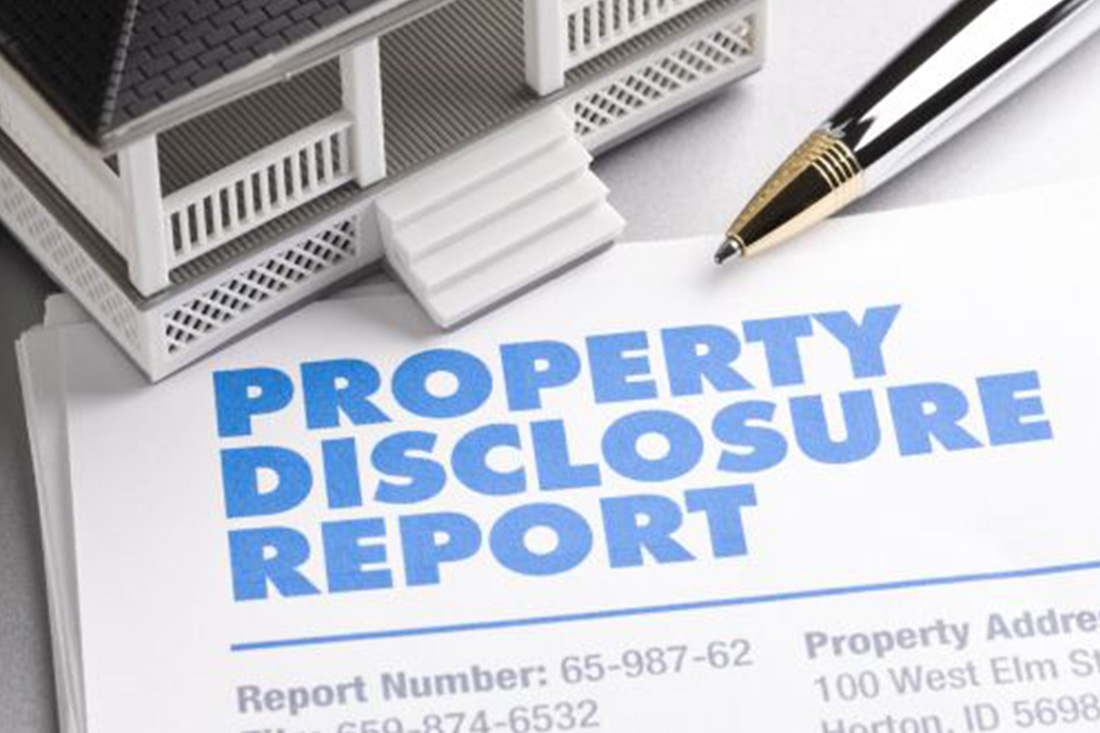Sellers of residential property often ask whether they are required to disclose facts about the property which would scare off a buyer or which could decrease the value of the property. The Florida Supreme Court addressed this issue with a landmark ruling in the 1985 case Johnson v. Davis. The Court held that “where the seller of a home knows of facts materially affecting the value of the property which are not readily observable and are not known to the buyer, the seller is under a duty to disclose them to the buyer. This duty is equally applicable to all forms of real property, new and used.” Johnson v. Davis, 480 So. 2d 625, 629 (Fla. 1985). This disclosure standard does not apply to commercial property.
In practical terms, this means that if a seller is aware of an underlying issue that could affect the value of residential property, he or she has a duty to disclose it to the buyer. Issues that require disclosure may change during the sales process. For example, if a potential buyer inspects the property and discovers a defect that the seller was unaware of, then terminates the contract, the seller must disclose this defect to the next potential purchaser. While potential buyers may have numerous concerns about a property, not all will rise to the level of a defect.
Realtors often ask sellers to fill out a form disclosing facts about the property to protect the parties (and the realtor) from undisclosed issues during the sales process. Unfortunately, this can be a double-edged sword for a seller. Certainly, the disclosure form can be a valuable tool to aid the seller in disclosing material defects to the buyer. However, the seller may unintentionally create legal exposure for himself or herself if he or she affirmatively states on the disclosure form that there are no issues with the home, only to find out from buyer later that the roof is leaking.
Importantly, a seller is not under a duty to rigorously inspect his property looking for defects for the purposes of disclosure, and therefore should not be alarmed by the duty to disclose material defects. Rather, if a seller is aware of an issue that may concern a buyer, he should err on the side of caution and disclose it to the buyer. This protects all parties to the transaction and facilitates a more transparent and efficient closing.

